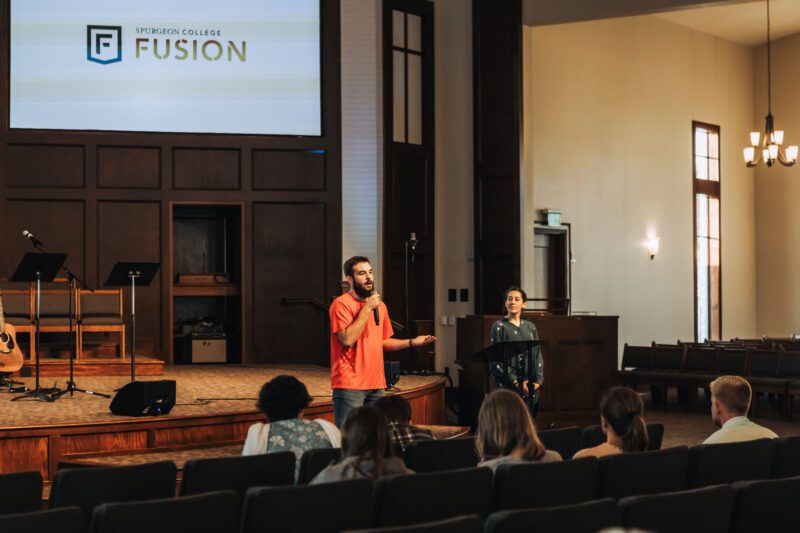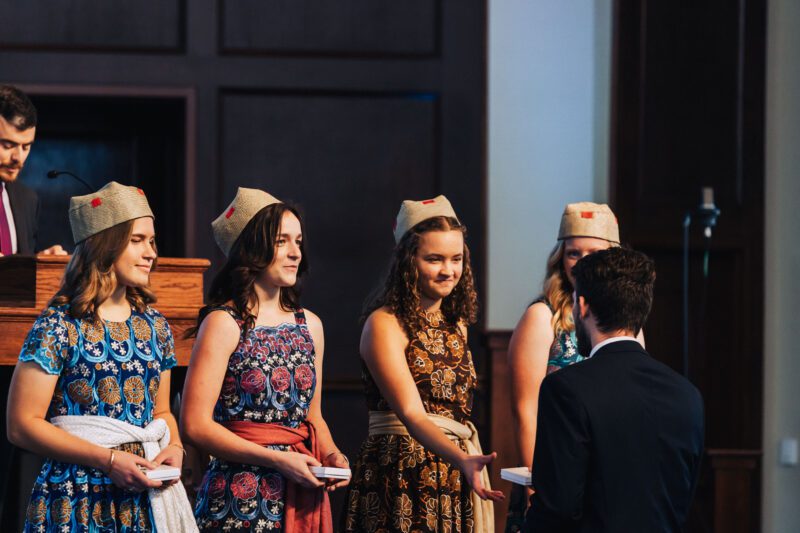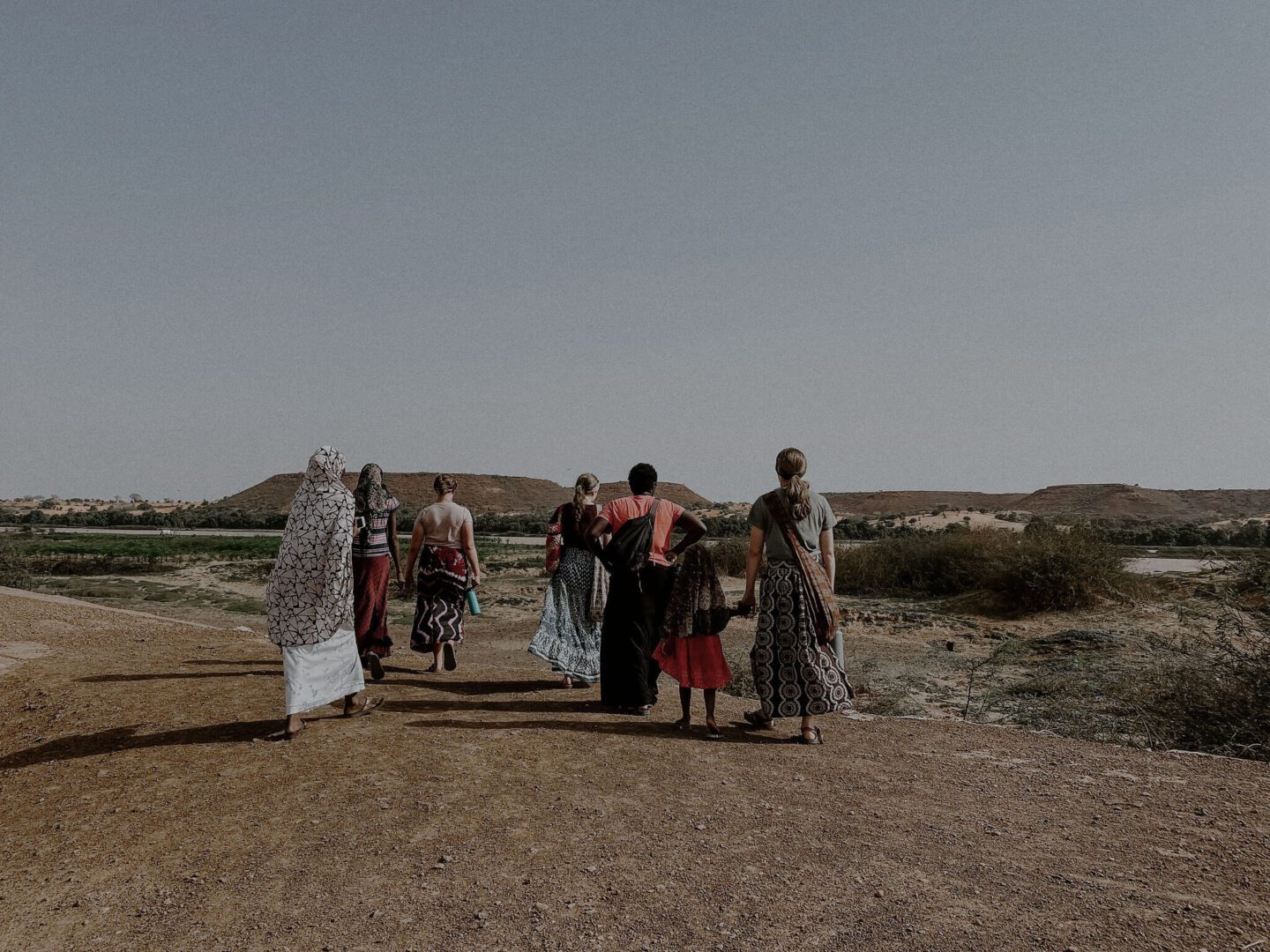
Midwestern Seminary
Fusion Masters
Urgent and Faithful Missionary Training
Fusion Masters students will earn a 36-hour Master of Arts degree in Intercultural Studies. 33 credit hours are earned through on-campus instruction and mentorship. The remaining 3 are earned on-the-field with IMB missionaries.

The Fusion Masters cohort is a missions-focused group designed to prepare students for long-term cross-cultural ministry. President Jason Allen shared his vision for Midwestern to produce 100 individuals every year who are committed to overseas service to unreached or under-reached people. The Fusion Masters program exists to help fulfill that vision. As a cohort, we cultivate a close-knit community by reading through the New Testament, completing the Deepen Discipleship curriculum, and studying theology together. As a cohort, we also prepare to face many practical challenges of missionary life.
As an added benefit, all Fusion Masters students receive a 100% tuition scholarship for their first 18 credit hours in the program. Fusion Masters applicants are expected to pursue a Master of Arts in Intercultural Studies (MAIS).

Urgent Missionary Training
Facing a task unfinished, Fusion Masters is marked by a zeal to proclaim the gospel to the lost. We do not want our students to get bogged down in a never-ending training process, instead we seek to urgently address the training needs that perennially challenge fresh missionaries. Fusion Masters is intentionally brief and intensely focused because the need of the nations is urgent. Our students do not just talk about unreached people groups, they train and go to them during the program.
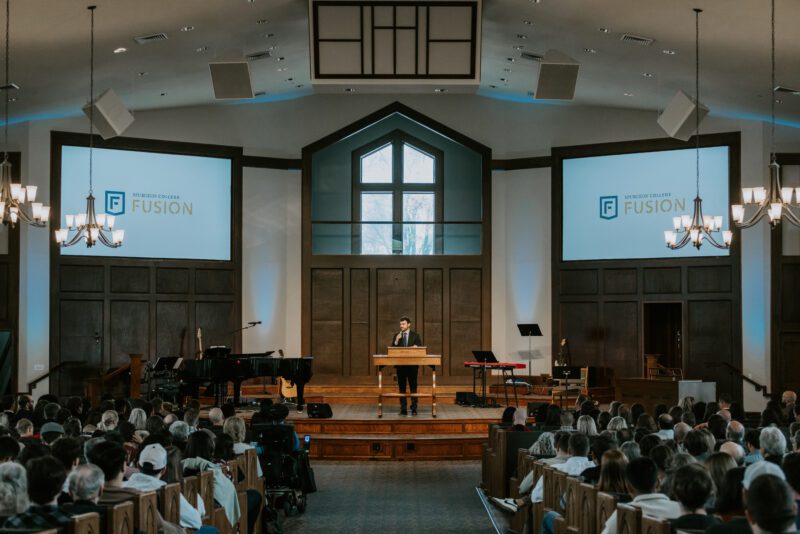
Faithful Missionary Training
Zeal is good, especially when accompanied by knowledge. Fusion Masters students will be equipped with the biblical training required for theologically faithful missionary service. While not sacrificing the urgent task among the nations, students will invest 1-2 years into intense biblical training in preparation for a lifetime of making disciples and planting churches.
History
The Fusion program has been equipping college students since 2005 to serve in hard places. The results of the process have proven that the best way to equip workers for the mission field is to focus on every aspect of the person: be, know, and do. While Fusion was not intended to exclusively serve as a pipeline to lifelong missionary service, numerous graduates are thriving in long-term missionary roles.
At the Master’s level, the key elements of the Fusion process are implemented with the explicit intention of training long-term missionaries. The yearlong process has a lifetime of missionary service in view and aims at producing the character (be), knowledge (know), and competencies (do) required. But where did this program come from?
It was founded to address a two-fold problem. First, the problem of unreached and unengaged people groups. Billions of people live among people groups that have little to no access to the gospel message, which is problematic for those who believe in the exclusivity of Christ. There is an urgent need in our day for cross-cultural missionaries to take the gospel to the unreached. Second, is the problem of training. Often, those whose hearts yearn to take the gospel to the unreached are not sufficiently equipped to make disciples and plant churches among unreached peoples and places.
Cohort Features
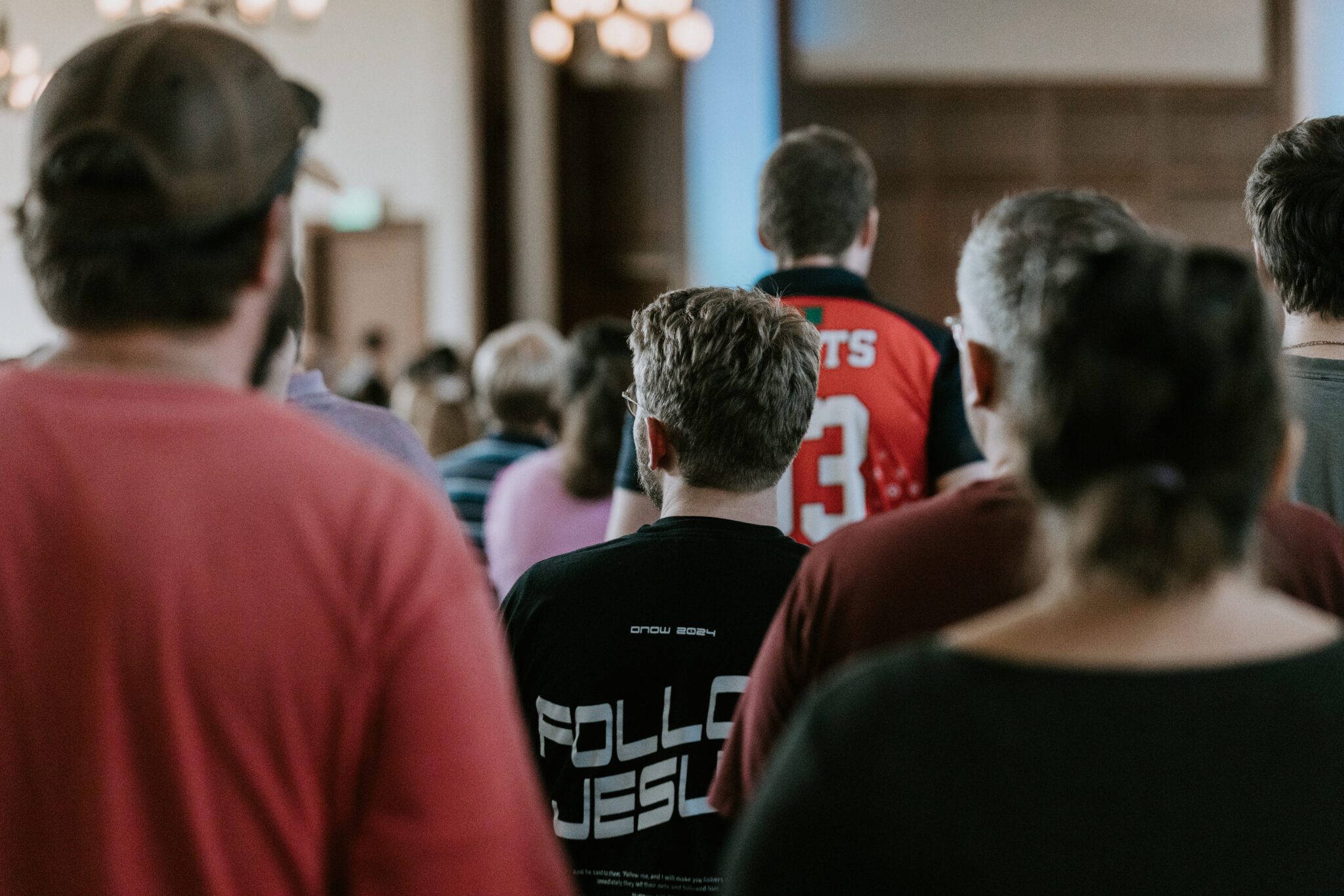
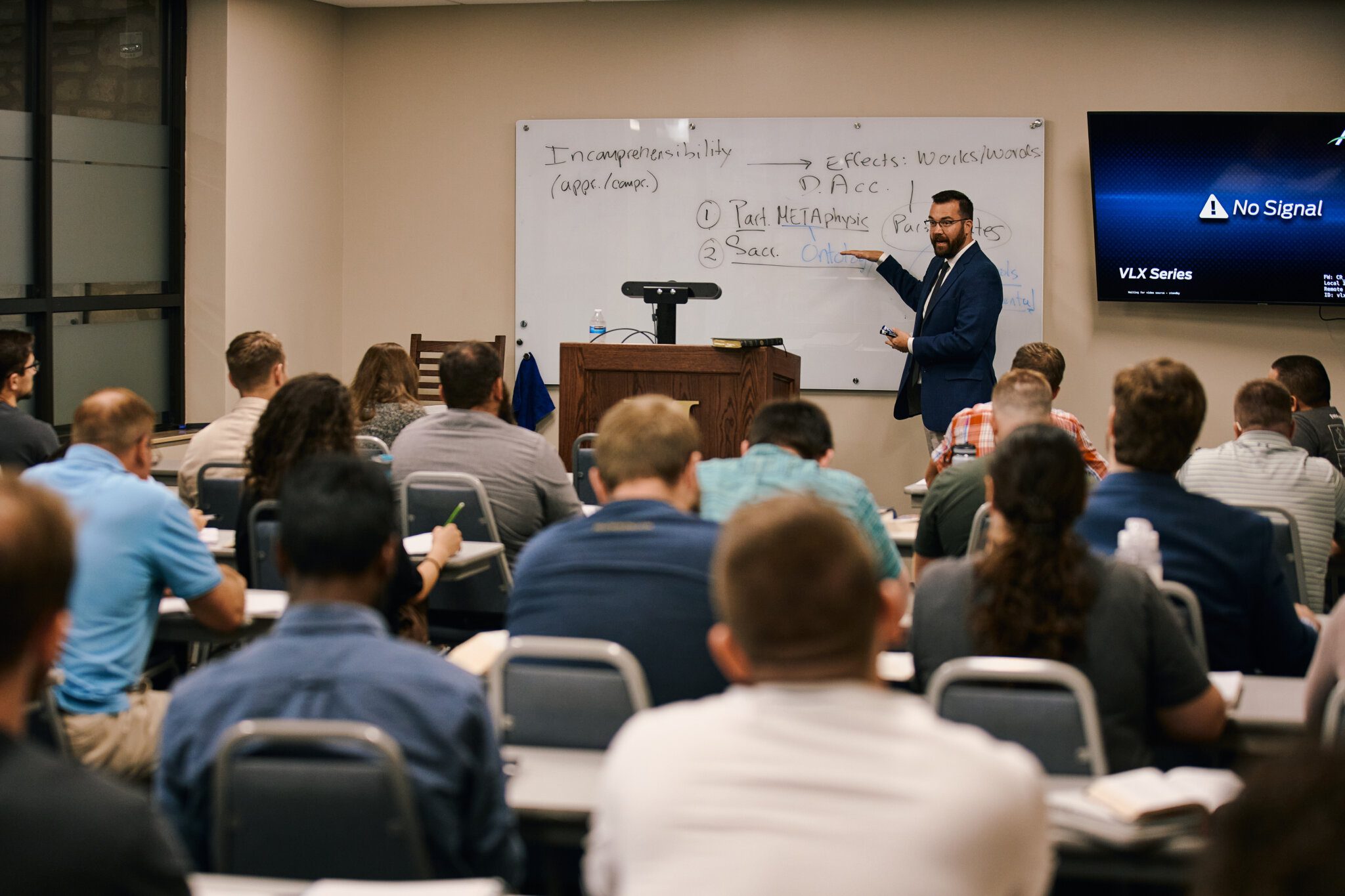
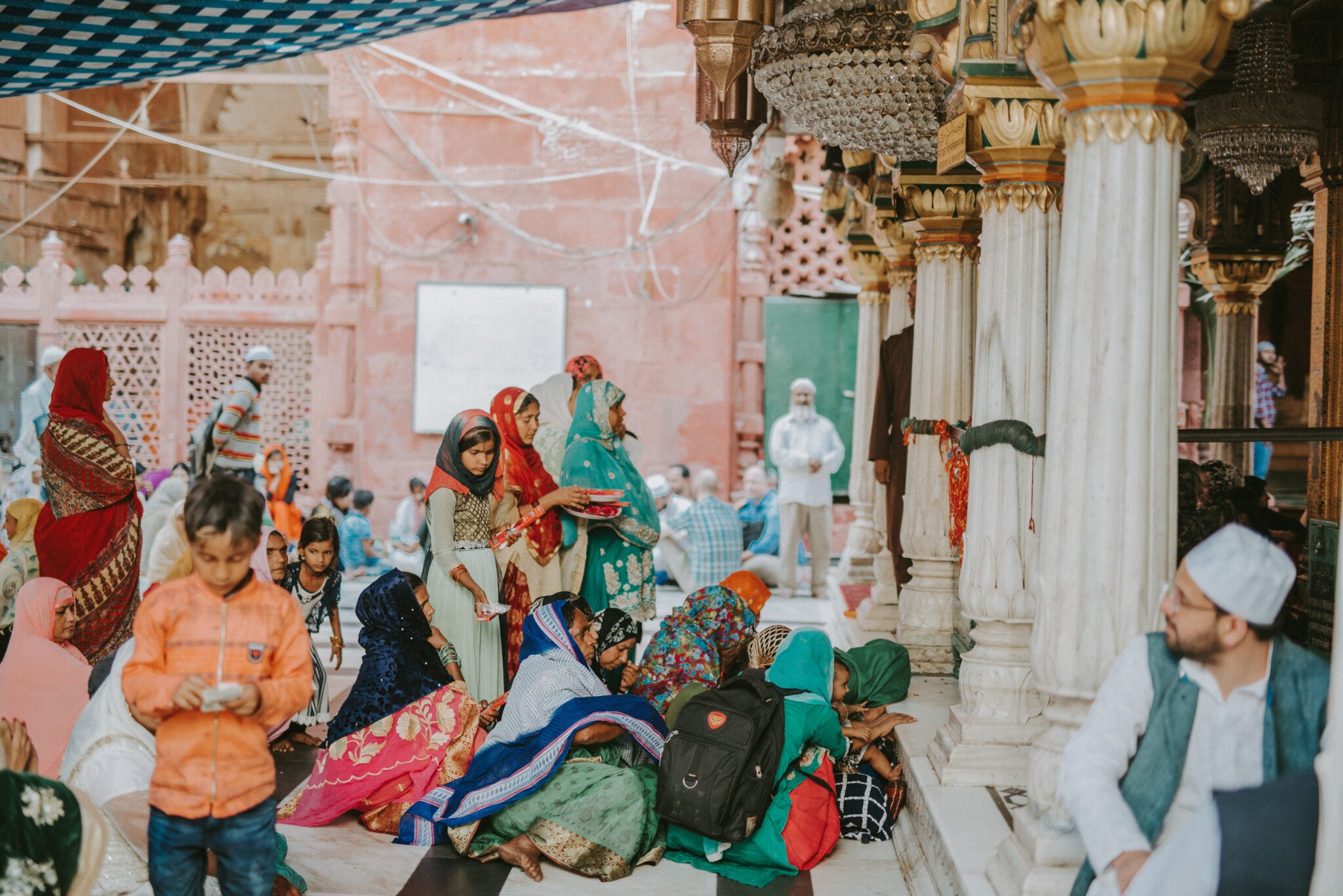
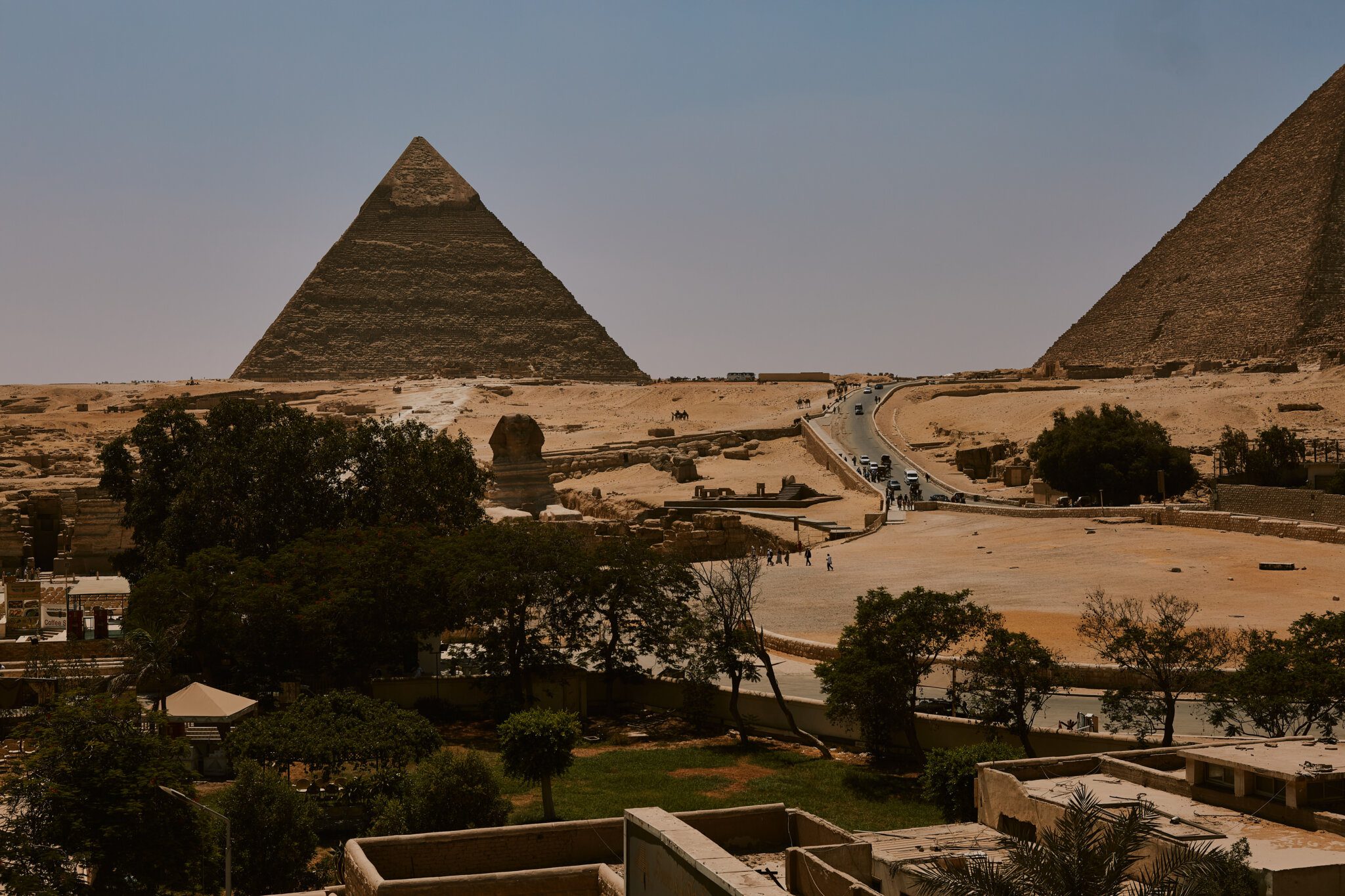
Start seminary with a 100% tuition discount on your first 18 credit hours during your first year of study. All students who are admitted to the Fusion Masters cohort will receive a tuition discount.
Students in the Fusion Masters cohort pursue a 36-hour Master of Arts, Intercultural Studies degree. All credits are transferable to a Master of Divinity.
Interested in serving with the International Mission Board? This program satisfies IMB’s educational requirements to serve with them. In community, students also complete extracurricular requirements of IMB applicants.
This cohort includes a summer long overseas experience to provide practical and real life preparation for international ministry.
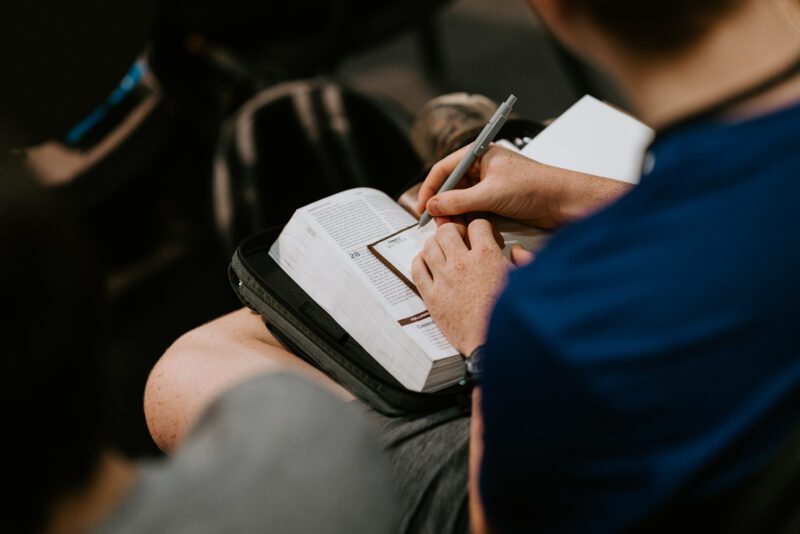
You must be: Disciplined, Respectable, Holy, Upright, Above Reproach, Gospel-centered, Self-controlled.
How do we develop them?
Fusion trainings, Local church relationships, Cohort accountability, Overseas Deployment, Veteran Missionary Mentorship.

You must develop and hold convictions on: God, Salvation, Missionary Task, Ordinances, Sin, The Church, The Family.
How do we develop them?
27 credit hours toward MAIS (12 per semester + 3 in winter), Local church teaching, Cohort meetings, Studying BF&M during cohort meetings, MBTS Chapel.
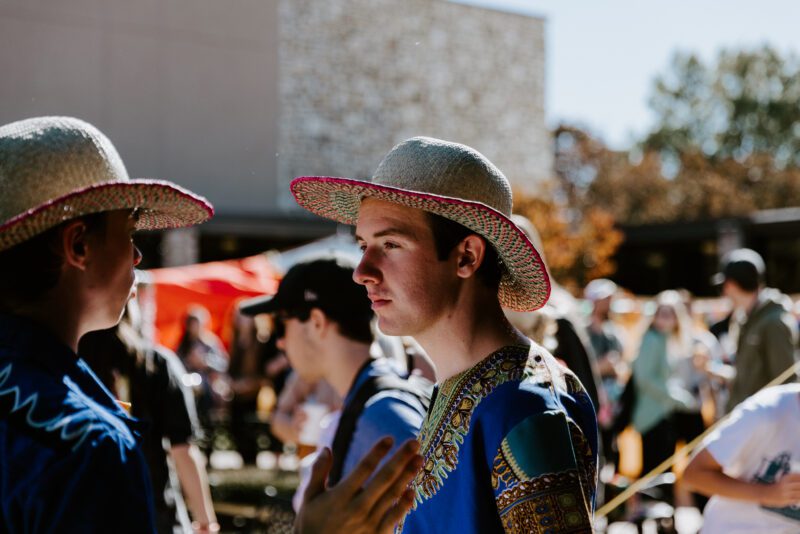
You must be competent in: Evangelism, Disciple-making, Teaching the Scriptures, Cross-cultural communication, Language acquisition.
How do we develop them?
Hands-on learning environments, including: International Security course, Public transportation exercises, Cross-cultural evangelism, Physical training, Language classes, Discipleship courses, Overseas deployment.
IMB READY
BY THE TIME YOU GRADUATE, YOU HAVE SATISFIED ALL IMB REQUIREMENTS
IMB Requirements
Our Program
20-30 Seminary Credits
Weekly Evangelism Journal
Deepen Discipleship Bible Plan
Frequently Asked Questions
Yes. Every FTC Cohort student will receive a scholarship amounting to 100% of their tuition costs for up to 18 credit hours during the academic year. This scholarship only applies to the tuition for residential courses or practicum courses. Those in the Fusion Master’s cohort will additionally receive a $3000 IMB scholarship to cover a portion of the overseas cost.
| Qualified SBC | Non-SBC | |
| On-Campus | ||
|---|---|---|
| Per Credit Hour | $285 | $485 |
| Tuition (36 credit hours) | $10,260 | $17,460 |
| Fees (Fall, Winter, Spring, Summer) | $1,475 ($425/semester + $225 WI + $400 SU) | |
| Fusion Training Fees | $1,800 | |
| Fusion Deployment Fees | $5,500 (per person) | |
| Year Total | $18,235 | $25,435 |
Absolutely. We advocate that the churches that send their students to get missionary training with us also join in financially supporting them. Every charge on the account of a Fusion Masters student is worthy of financial support because each item is tied to the training and sending of missionaries. For those who go on to missionary service with the IMB, this will be one of the few opportunities that supporters have to provide direct financial assistance to these prospective missionaries because of the IMB’s salary structure.
Fusion Masters is intended to equip the MBTS student and their families for long-term service. While only enrolled students will receive seminary credit, the entire family is considered in the training process. Of course, singles and married couples without children are welcome, too.
Fusion Masters candidates must be admitted by Midwestern Seminary for the MAIS degree. They must also be approved by the IMB to serve as a short-term volunteer.
Participants will be placed on a country assignment after admittance to the program. These countries will be selected by Fusion staff. The decision process will depend upon requests made for teams by the IMB, need in the country, language teachers and overall best choice for our teams.
The Fusion graduate is ready to serve in a long-term assignment with the IMB. As the Fusion year
served to help solidify calling and adequately prepare the graduate, so they’re ready to
complete their application and move toward joining the IMB. At the conclusion of Fusion
Masters the graduate has completed their application to the IMB and is ready to attend FPO or
serve with another agency.
Yes. We want families to be ready to deploy with the IMB after they finish Fusion Masters. All long-term applicants who are not the head of the household will be required to have a minimum of 12 hours of certificate, undergraduate or graduate theological credit. One way for wives to receive this certificate is through Midwestern Women’s Institute.



